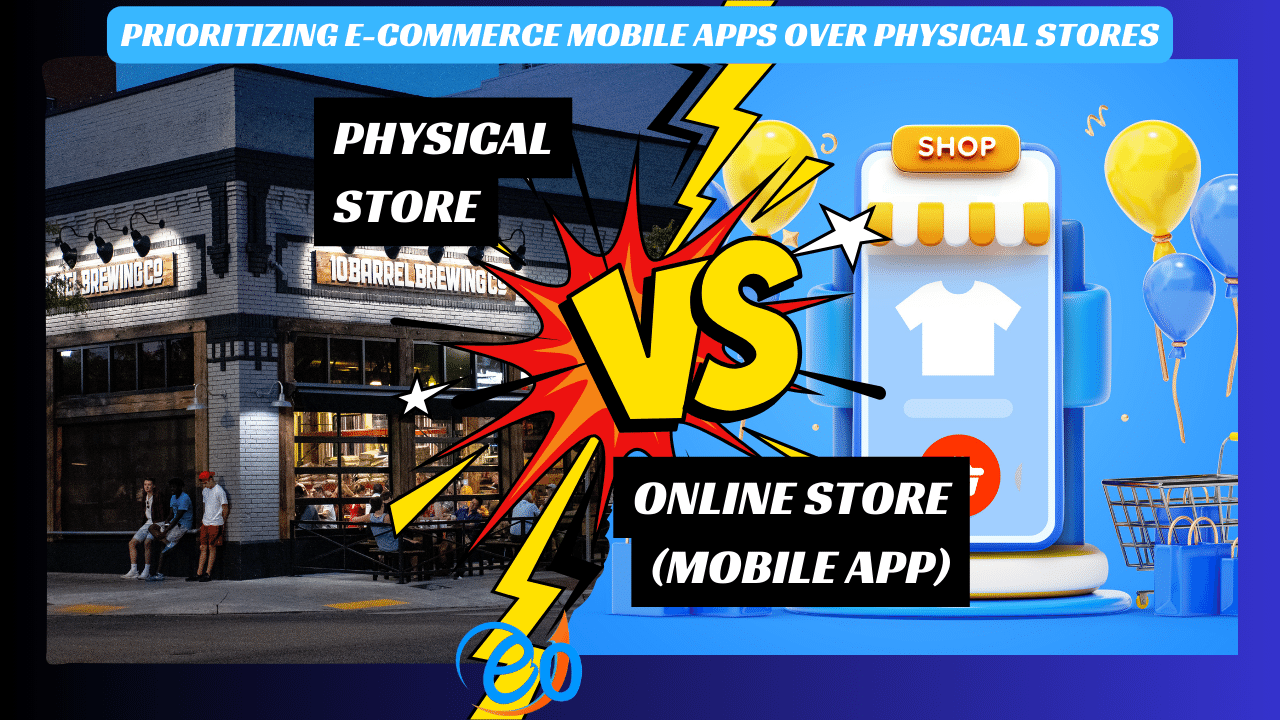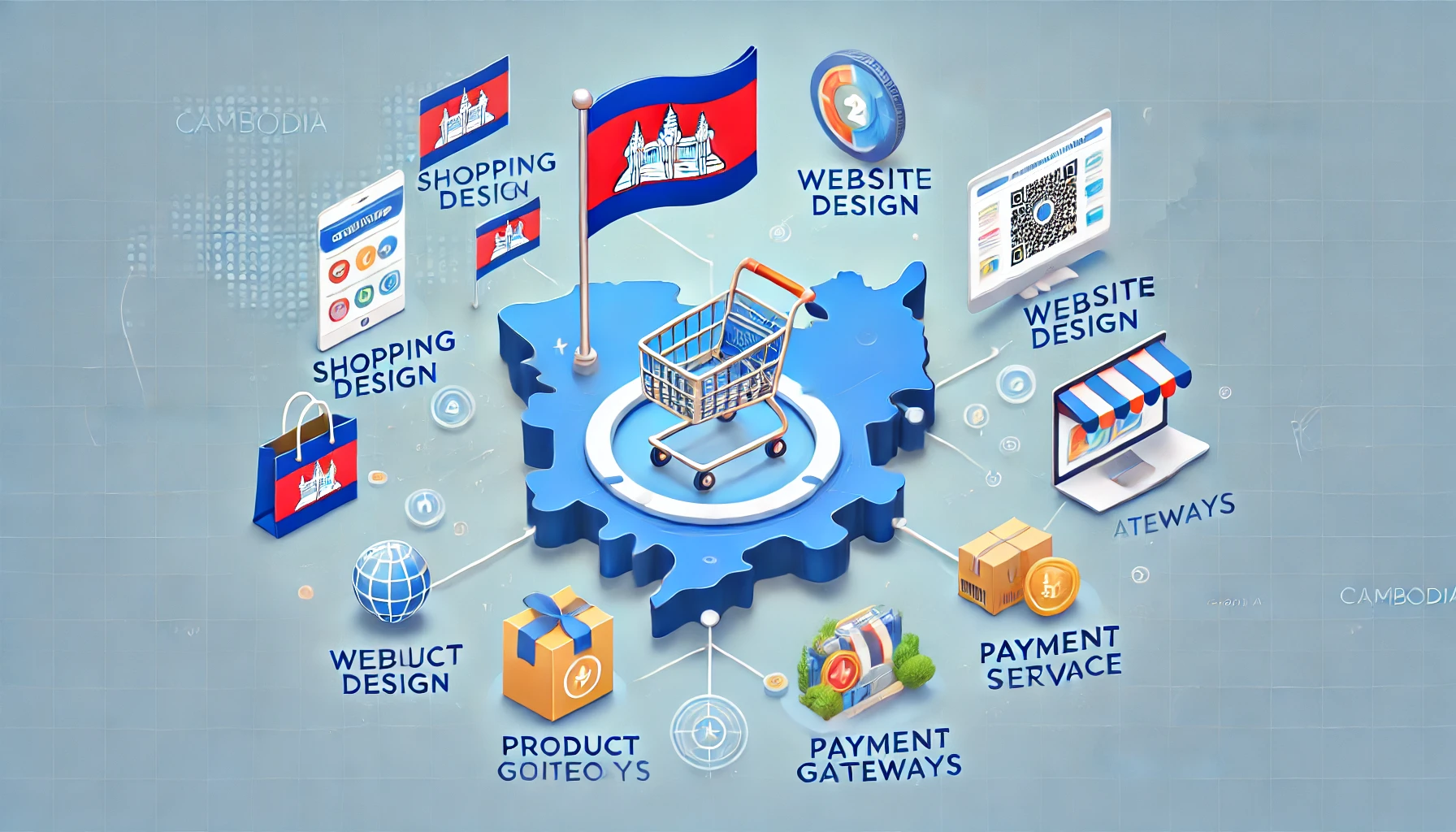In the era of digital transformation, the dynamics of commerce are evolving rapidly, urging business owners to adapt to the changing landscape. While physical stores have long been the cornerstone of retail, the emergence of e-commerce mobile apps presents an unparalleled opportunity for businesses to thrive in today’s market. In this blog post, we’ll explore why business owners should prioritize investing in e-commerce mobile apps over their physical stores.
1. Reach and Accessibility
E-commerce mobile apps break the barriers of geographical limitations associated with physical stores. With a mobile app, businesses can reach a global audience round-the-clock, transcending the constraints of time and location. This unparalleled accessibility empowers businesses to tap into new markets and customer segments, driving exponential growth opportunities beyond the confines of brick-and-mortar establishments.

2. Convenience and Flexibility
In a fast-paced world where convenience reigns supreme, e-commerce mobile apps offer unparalleled flexibility and convenience to both businesses and customers. With just a few taps on their smartphones, customers can browse through products, place orders, and make payments seamlessly, irrespective of their location or time constraints. This convenience factor not only enhances the overall shopping experience but also encourages impulse purchases, thereby boosting sales for businesses.

3. Cost-effectiveness
Operating a physical store entails significant overhead costs, including rent, utilities, and staffing expenses. In contrast, e-commerce mobile apps offer a cost-effective alternative with minimal overheads. By eliminating the need for physical infrastructure and streamlining operational processes, businesses can allocate resources more efficiently and achieve higher profit margins. Additionally, mobile apps facilitate targeted marketing campaigns and personalized promotions, optimizing marketing expenditures and maximizing ROI.

4. Data-driven Insights
E-commerce mobile apps provide invaluable data-driven insights into customer behavior and preferences, empowering businesses to make informed decisions and tailor their offerings accordingly. Through analytics tools, businesses can track user interactions, monitor purchase patterns, and gain deep insights into consumer preferences. This wealth of actionable data enables businesses to optimize their product assortments, pricing strategies, and marketing initiatives, thereby driving customer engagement and loyalty.

5. Scalability and Innovation
Unlike physical stores that are bound by physical constraints, e-commerce mobile apps offer limitless scalability and opportunities for innovation. Businesses can easily scale their operations to accommodate growing demand without the need for extensive infrastructure investments. Moreover, mobile apps enable businesses to leverage emerging technologies such as augmented reality (AR) and artificial intelligence (AI) to enhance the shopping experience and stay ahead of the competition.

In conclusion, the shift towards e-commerce mobile apps represents a paradigm shift in the way businesses engage with their customers and conduct commerce. While physical stores have their merits, e-commerce mobile apps offer unparalleled reach, accessibility, convenience, and cost-effectiveness, making them indispensable assets for businesses in today’s digital age. By prioritizing e-commerce mobile apps over their physical stores, businesses can unlock unprecedented growth opportunities, drive customer engagement, and stay ahead of the curve in an increasingly competitive marketplace.




